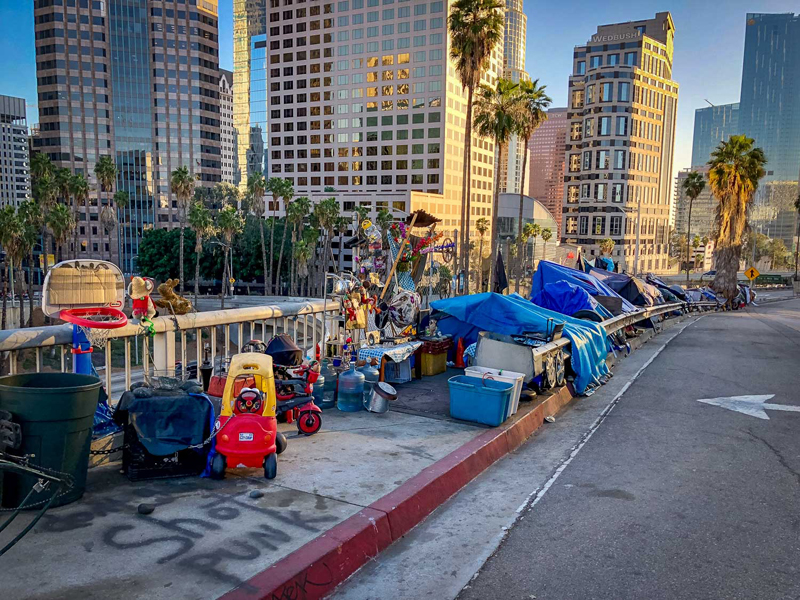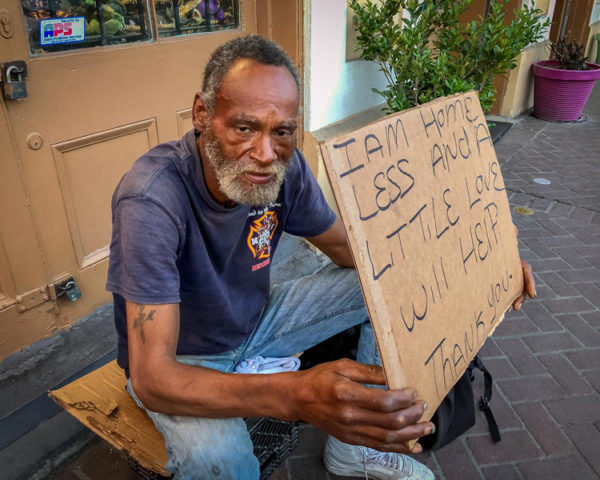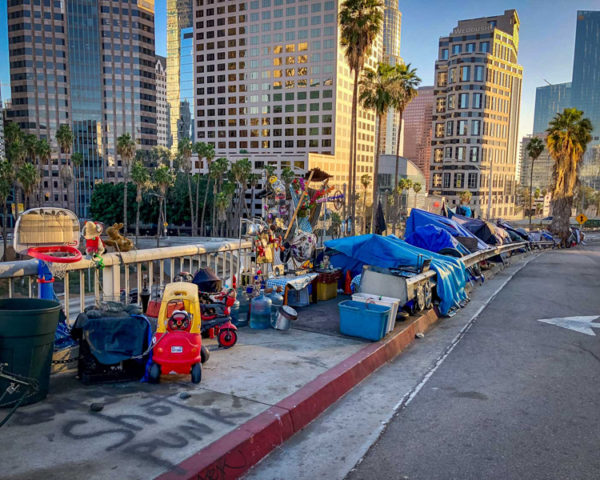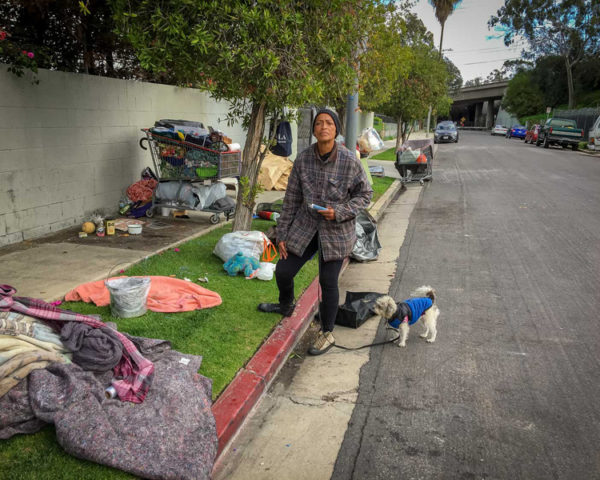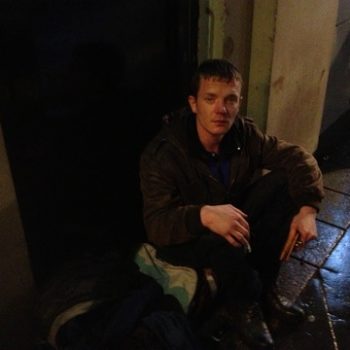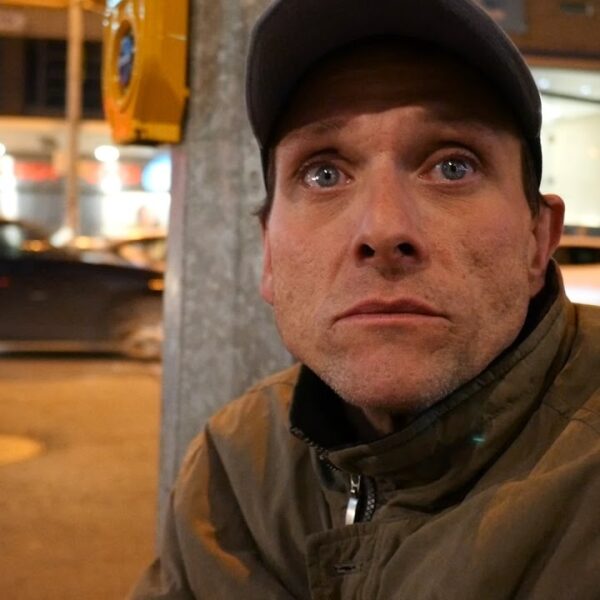There are many problems with efforts to criminalize homelessness. Many critics feel that these strategies are inhumane and unfair. They punish people for simply lacking a home in which to live their lives. However, such moral arguments often fall on deaf ears. This is especially true when policymakers are under pressure to “do something” about the homelessness problem in their communities. Perhaps a more compelling argument for those who will not listen to a moral one is this:
CRIMINALIZATION IS INEFFECTIVE.
Sarah Ruiz-Grossman, citing a University of Denver report on criminalization, argues that “Criminalizing homelessness is an ineffective solution, because it is costly, it fails to address the causes of homelessness and it keeps people homeless, according to the report.” She goes on to suggest an alternative: “In order to reduce homelessness, the money would be better spent expanding services and affordable housing options.”
Such strategies are ineffective because they neglect to address root causes of homelessness, such as the lack of affordable housing and good-paying jobs, and difficulties in accessing much needed medical and mental health services.
Barriers Created When You Criminalize Homelessness
The Housing Not Handcuffs campaign posits that, beyond being merely ineffective, criminalization of homelessness can exacerbate the problem. This approach creates unnecessary criminal records and unpayable fines. In turn, this creates barriers to jobs and housing, essential elements needed for someone to exit homelessness.
Furthermore, many legal scholars and advocates argue that criminalization strategies violate the basic rights of individuals.
In the case of Bell v. Boise in 2015, the Department of Justice argued that “It should be uncontroversial that punishing conduct that is a universal and unavoidable consequence of being human violates that 8th Amendment … Sleeping is a life-sustaining activity—i.e., it must occur at some time in some place. If a person literally has nowhere else to go, then enforcement of an anti-camping ordinance against that person criminalizes her for being homeless.”
Additionally, when challenged legally, anti-panhandling ordinances are consistently found to violate the right to free speech.
The effectiveness of these legal challenges suggests that advocates, service providers, and people who are homeless should continue partnering with legal experts to challenge these immoral and ineffective laws.







